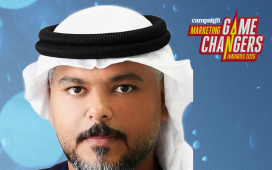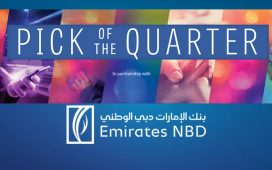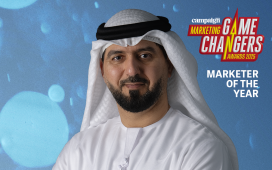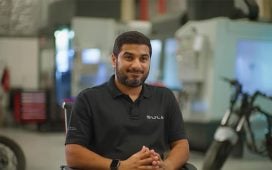By Manoj Ammanath, managing director at Rain.
For a couple of days last week, I found myself in the midst of a rather unusual crowd. An impressive crowd it was, of scientists, activists, bankers, farmers, policymakers, heads of countries, eager students and the likes.
On the face of it, World Future Energy Summit was not a place for an ad guy to be. But it turned out to be exactly the place where I needed to be.
The place was teaming with people and buzzing with ideas, solutions, thoughts, opinions – all for a single cause. A sustainable future for all of us.
There was an infectious passion in every conversation and presentation, and every person I listened to or met was genuinel
To continue reading this article you need to be registered with Campaign. Registration is free and only takes a minute. Register Now or sign in below if you already have an account.









